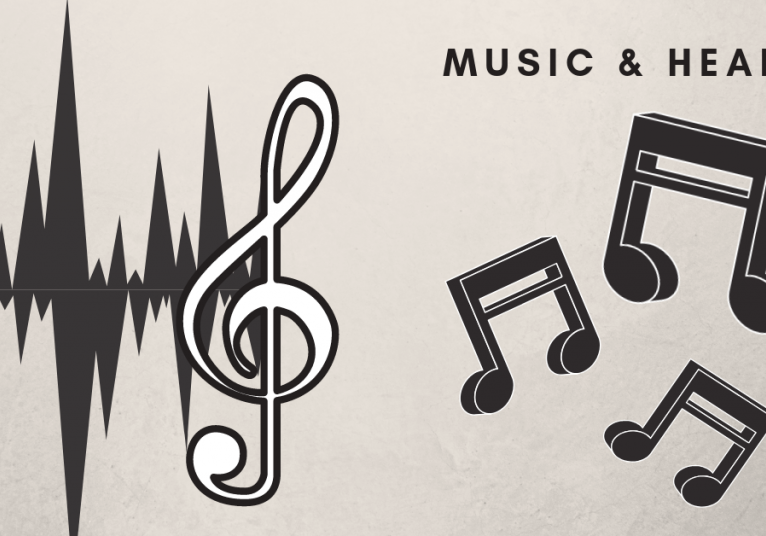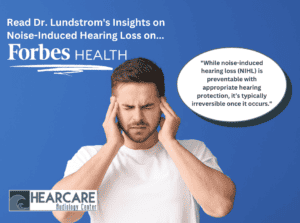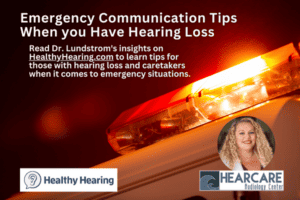
The results of the study showed that as the severity of hearing increased (worsened), the emotional response lessened. Not only did participants with more severe hearing loss have less emotional reactions to the music, they also found more sounds to be unpleasant. There was no difference in results based on age, but a significant difference based on hearing. “These data suggest that listeners with sensorineural hearing loss are less emotionally affected by sounds than their peers with normal hearing. As a result, people with hearing loss may not be fully benefiting from activities that their peers with normal hearing find pleasurable, like laughing with friends or listening to music.” (Picou, 2017, pp. 14-16).
The results of the study also showed that consistent hearing device users responded more similarly to the individuals with normal hearing when it came to pleasant or unpleasant sounds. This means that wearing an appropriately fit and programmed hearing device can make listening more enjoyable for individuals with hearing loss.
As an audiologist, I am always striving to improve the way individuals with hearing loss perceive their surroundings and interact with others. Difficulty in noise or with hearing music are common complaints for hearing device users. Modern hearing devices are designed to give the user a more authentic perception of music. They also have technology which allows the wearer to hear speech better in more difficult environments such as restaurants and groups. With improvements in technology, those with hearing loss can enjoy music and laughter and find emotional connections to the sounds around them through the use of quality hearing devices. As always, it is important to see a professional to ensure proper fitting and care of hearing devices.
REFERENCE: Picou, E. M., Buono, G. H., & Virts, M. L. (2017, May). Can Hearing Aids Affect Emotional Response to Sound? Hearing Journal, 70(5), 14-16.
Authored by Sarah Lundstrom, Au.D.

Text Size:
Request a Callback
Free Hearing Consultation
Hearing Test
You Might Be Interested in These Articles
Dr. Lundstrom’s Insights on Noise-Induced Hearing Loss Featured on Forbes
Dr. Lundstrom’s insights on noise-induced hearing loss were recently featured on Forbes Health! “While noise-induced hearing loss (NIHL)…
Famous YouTuber, Mr. Beast Partners with Hearing The Call
What do you get when the world’s biggest YouTuber connects with Hearing the Call? Some of you may…
Dr. Lundstrom Featured on HealthyHearing!
Dr. Lundstrom’s insights on “Emergency Communication Tips” were recently featured on HealthyHearing.com! This article is a must read…
Request a Callback
It is often the small things that hold us back from making a decision. That’s why we are on hand to help.
Simply complete the Callback form to request a friendly, no-obligation conversation with one of our helpful team members.



